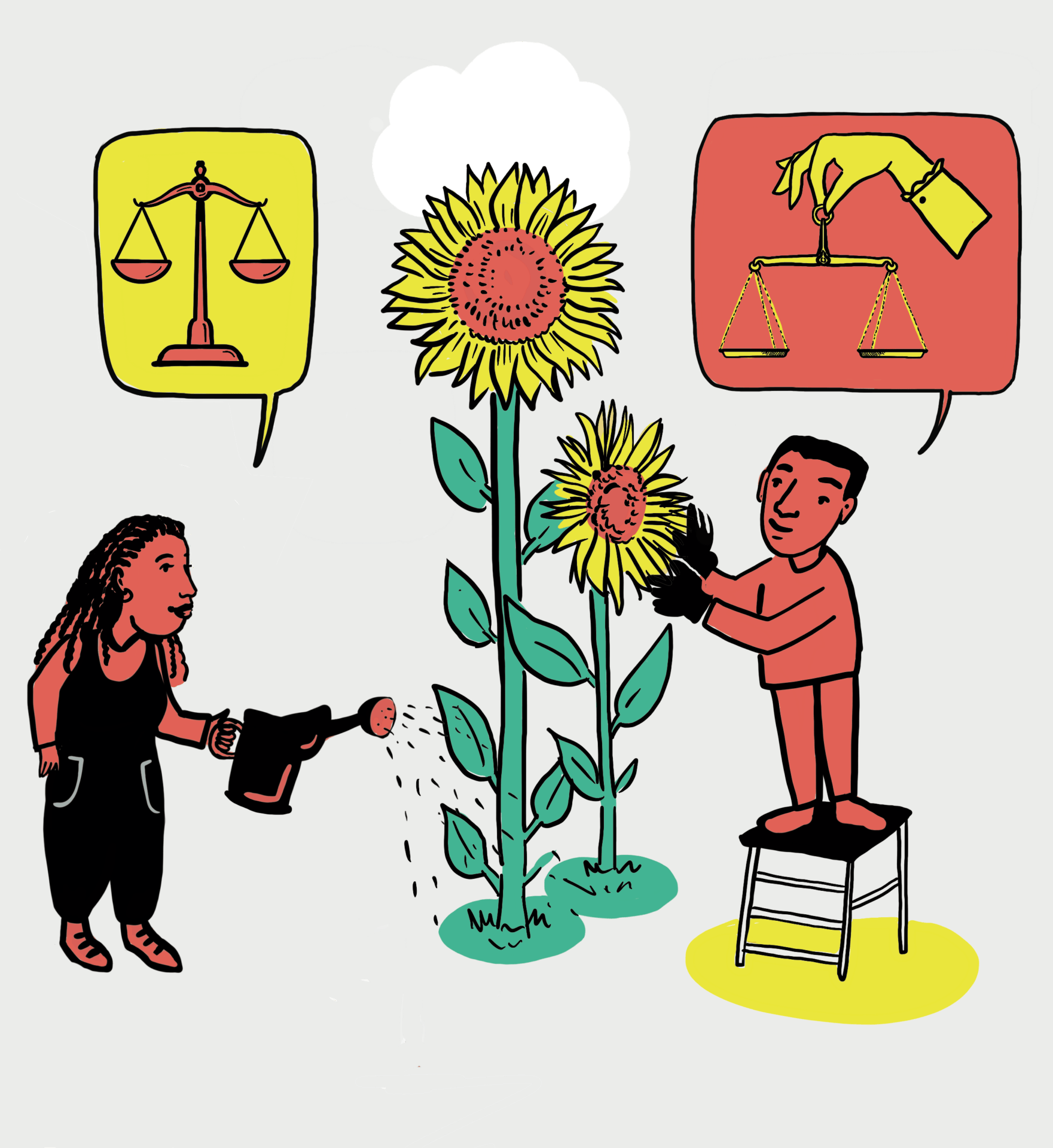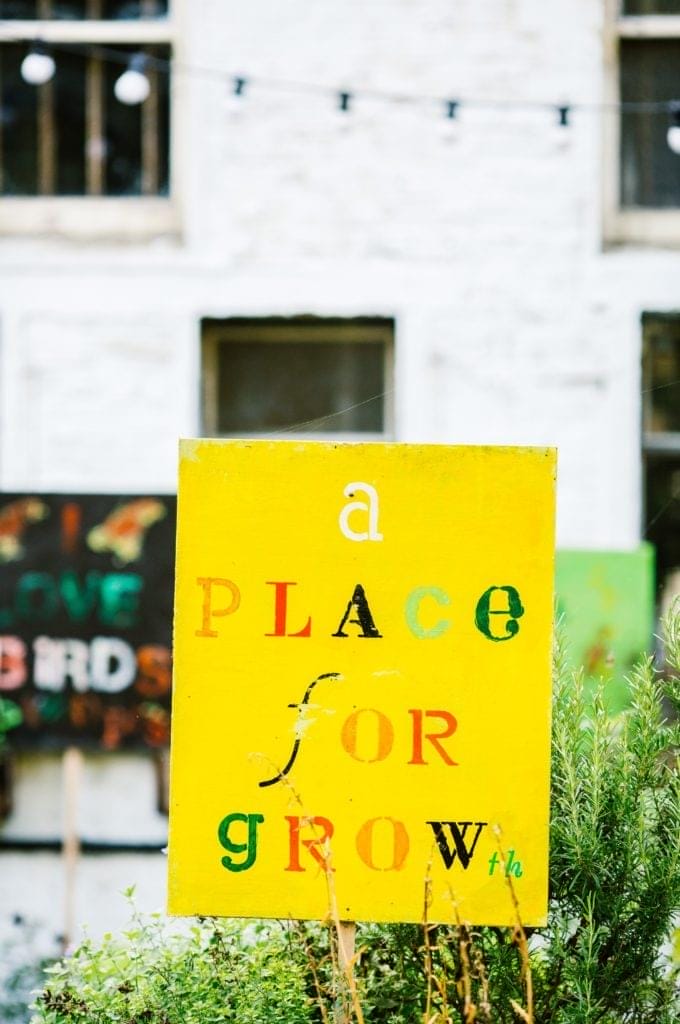Over the past year the Centre for Local Economic Strategies (CLES) and partners, funded by Lankelly Chase, have been undertaking action research to understand how people who have experienced severe and multiple disadvantage and decision makers can effectively work together to tackle the causes of inequality across Greater Manchester.
Often termed “coproduction”, exploring ways for citizens and professionals to work together is of-the-moment. However, there are a number of challenges that prevent coproduction becoming mainstream practise. These barriers are the “elephants in the room”: everyone knows they are there but no one wants to talk about them. We brought together ‘decision makers’ and those with personal experience of severe and multiple disadvantage to openly discuss these elephants, and see whether we could get them to leave the room for good. In a series of blogs this week we’ll be sharing the insights of people who took part in this research project. #ElephantsGM

In many sectors when thinking about systems change or service re-design coproduction is becoming the proposed norm. As it is embedded we still need to regularly ask ourselves ‘How do we do this well?’ This is crucial because often coproduction is tokenistic and drifts towards basic consultation, both due to time constraints and a fear of divesting power to others. Over the past year, John Organ from Shelter Inspiring Change Manchester and Christa Maciver from the JustLife Foundation have been involved in the ‘Elephants’ Project in Greater Manchester. This pilot project funded by Lankelly Chase and led by research organisation Centre for Local Economic Strategies (CLES) brought together 30 people including commissioners, frontline workers and individuals with lived experience from across Greater Manchester. The aim was to test ways to enable coproduction to flourish in order to address severe and multiple disadvantage.
As a starting point, John and Christa felt changing meeting environments was important to create a neutral space from which to do coproduction. In this spirit, this blog is a coffee shop Q&A between them about their experiences of the Elephants project, how it went and what was learnt.
Christa: “Why is it important to think about ‘Elephants’ in the room and coproduction?”
John: That brings to mind Carl Jung. “Anything that you don’t consciously bring to mind, appears in your life as destiny.” If we are talking about repeated systemic failures, recidivism, spirals of declines in peoples lives and experiences, this having a generational aspect as well, you have to go back to our prejudices, that ‘these people’ are demonstrably incompetent. That they are dangerous and damaging to themselves and to others and we design services around that. And it kind of creates self-fulfilling prophecy that has an element of destiny to it. That’s why we won’t mention underclass as an elephant. The systems we’ve created need these types of participants. Grist for the mill.
Christa: Has your view of coproduction changed after the Elephants Project?
John: Yes –It’s not just involving people in the process as a moral obligation. I often now see three types because of this process: 1) Just bringing people into an institution in some capacity 2) Setting up a counterpart to your institution, like a separate council, and 3) Creating a third space for radically different people to come together, outside traditional structures and autonomous to itself. During the project, our conversations about coproduction revealed we were typically talking about these three things. I think it was the initial instincts – some people were saying, ‘I can fix this for you,’ some people still said ‘you should go and do that with them over there’ and very few were saying ‘we should do that here and now. I was really looking for the third to happen, but I think it is very rare.
Christa: Do you think our group reached the third stage?
John: No – I don’t think it got to any stage. I feel significant guilt and failure around this.
John: What was your dearest hope about ‘Elephants?’
Christa: I didn’t have a dearest hope. The equal collaboration that should happen as part of coproduction is crucial for bringing about systemic change and I wanted to see if we could spread this across Greater Manchester. But ultimately, I wasn’t sure what to expect – I learned a lot, but it was really hard.
John: What was the hardest part?
Christa: Lack of time. To do this well, you have to commit time, be willing to come alongside everyone to build relationships and to work towards a collective solution. I didn’t realise quite how much time it would take. It feels like we failed because there wasn’t the time. That’s hard, because I’m sure we have let some of our group down.
Christa: Top three things you learned?
John: 1. I’m now certain we will do absolutely anything but give poor people money – material redistribution is not part of the outcome for people with lived experience involved in coproduction, which is a bit mad when you’re looking for broader environmental change 2. Be clearer – what are you getting people to do and why. Be clear that you are getting people to do something – take ownership of that and what it entails, whatever that means for you. 3. Things drift and get lost.
John: Top three things you learned?
Christa: We need to change working cultures and manage expectations. Working cultures need to change traditional hierarchical decision-making and attitudes, and managing expectations is crucial because change takes time. When we involve people to make systemic change we need to be careful not to promise too much and be realistic about time frames. Otherwise, it can be discouraging. Most importantly: power, the difference between ‘power for’ and ‘power with.’ In coproduction we need ‘power with’ – to set power aside and work collaboratively to create change, instead of ‘power for,’ a power used to do things ‘for’ or ‘to’ people (highlighting inequality).
John Organ is a contributor to the Manchester Homelessness Charter and Inspiring Change Manchester– a Big Lottery funded learning programme around multiple complex needs.
Christa Maciver is the Head of Research and Development at Justlife, a charity that supports people living in unsupported temporary accommodation.



Comments (0)